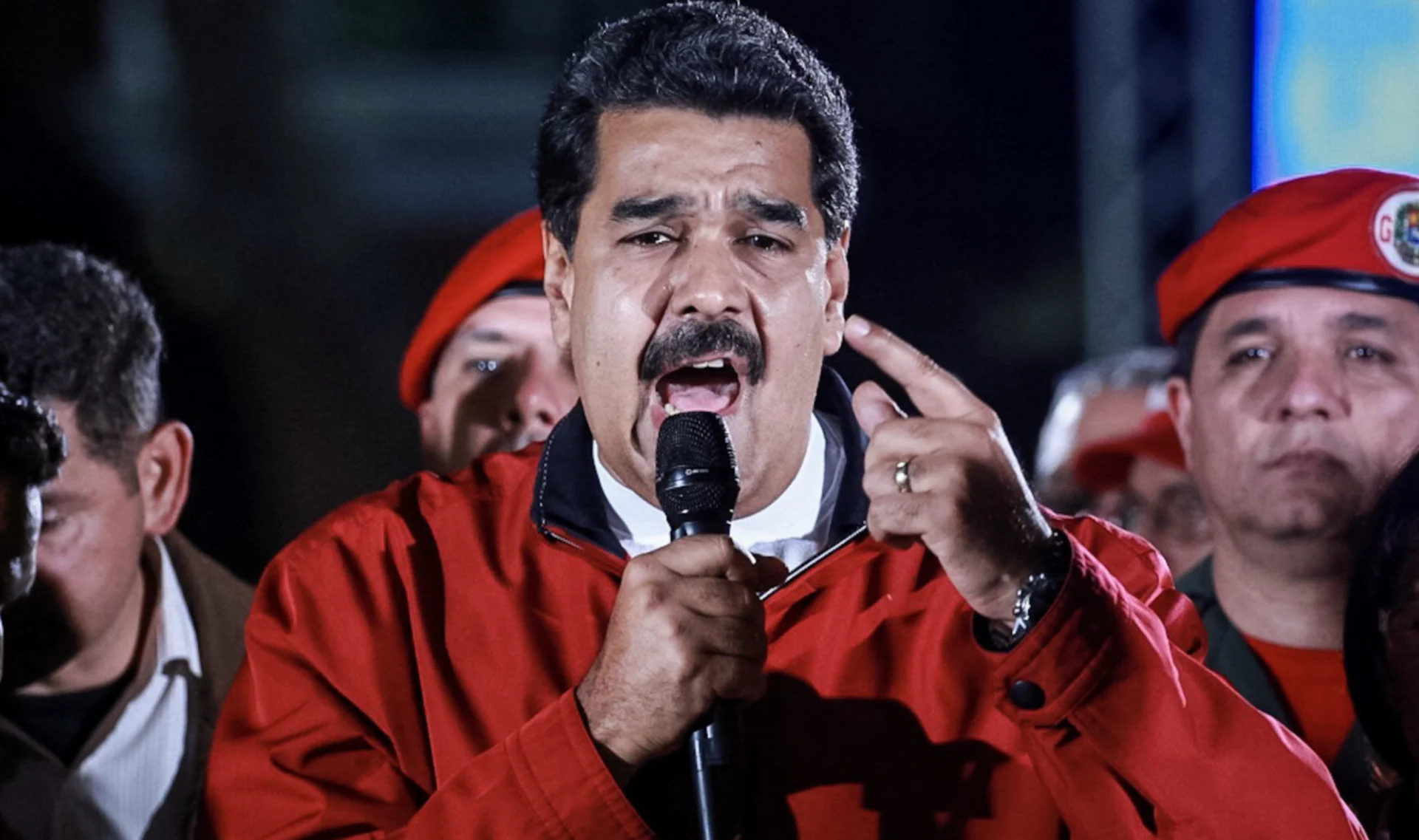One of the cardinal principles in the study of politics is the distribution, access and preservation of political power. These dynamics are crucial not only for determining who governs but also for understanding how control is exercised and perpetuated within a political system. The political process in Venezuela provides a contemporary example of how an authoritarian mode of power has been imposed. In this context, it is essential to recognize that what is truly at stake in Venezuela is the democratic control of the constitutionally established instruments for the exercise of power.
Politics can be conceptualized as the set of interactions through which individuals and groups seek to influence the distribution of power and the decisions that stem from it. In a democratic system, politics is based on the construction of consensual rules for the access and exercise of power; conflicts are resolved through institutionalized means where the parties involved enjoy equal rights and are expected to cooperate for the common good.
In contrast, in an authoritarian system, the rules are manipulated to favor those in power, or in more extreme cases, are arbitrarily created according to the rulers’ convenience to serve their own ends. As a result, there are no effective institutional mechanisms for conflict resolution, which shifts to the realm of non-institutional political contention.
In Venezuela, democracy has been deeply distorted by a systematic process of authoritarian co-optation and manipulation of institutions that, according to the Constitution, should be independent and serve society as a whole. Since Hugo Chávez’s rise to power and the subsequent consolidation of the United Socialist Party of Venezuela (PSUV), under Nicolás Maduro, the country has witnessed a deliberate strategy aimed at concentrating power in the hands of the Executive, leading to the complete erosion of the independence of public powers and the effective obstruction of the popular will.
The elections on July 28, 2024, represented a turning point in this process. Historically, the Venezuelan government has employed tactics of electoral advantage, restrictions on civic space, limitations on public debate and selective repression of journalists, leaders and activists. However, this time, these strategies were insufficient to secure a favorable electoral outcome before the voting day. Faced with this scenario, the government opted to resort to open electoral fraud as a last resort to maintain power, a decision that reflects a definitive break with any pretense of democratic legitimacy.
This context has led to a radical transformation in Venezuelan politics, where violence—both political and institutional—has become the government’s primary mode of interaction with its opponents, civil society and the general public. The cooperative dimension of politics, characterized by dialogue and compromise, has been completely dismantled by a government that stubbornly refuses to acknowledge electoral defeat and the Venezuelan people’s demand for political change. In this system, the popular will is not only ignored but is perceived as an existential threat to those in power.
As things stand, politics in Venezuela has ceased to be a means to achieve the common good and has instead become a tool of domination, where the regime’s survival depends solely on its ability to retain power at all costs, regardless of the consequences for society and the nation. Meanwhile, it will become increasingly difficult for Venezuelan society to raise its voice due to repression, leading many Venezuelans to choose to leave a country that denies them the opportunity to pursue their life projects in a relatively stable, peaceful and democratic environment. Amid this situation, the international democratic community remains trapped by its own inability to promote democratic change in the country.











